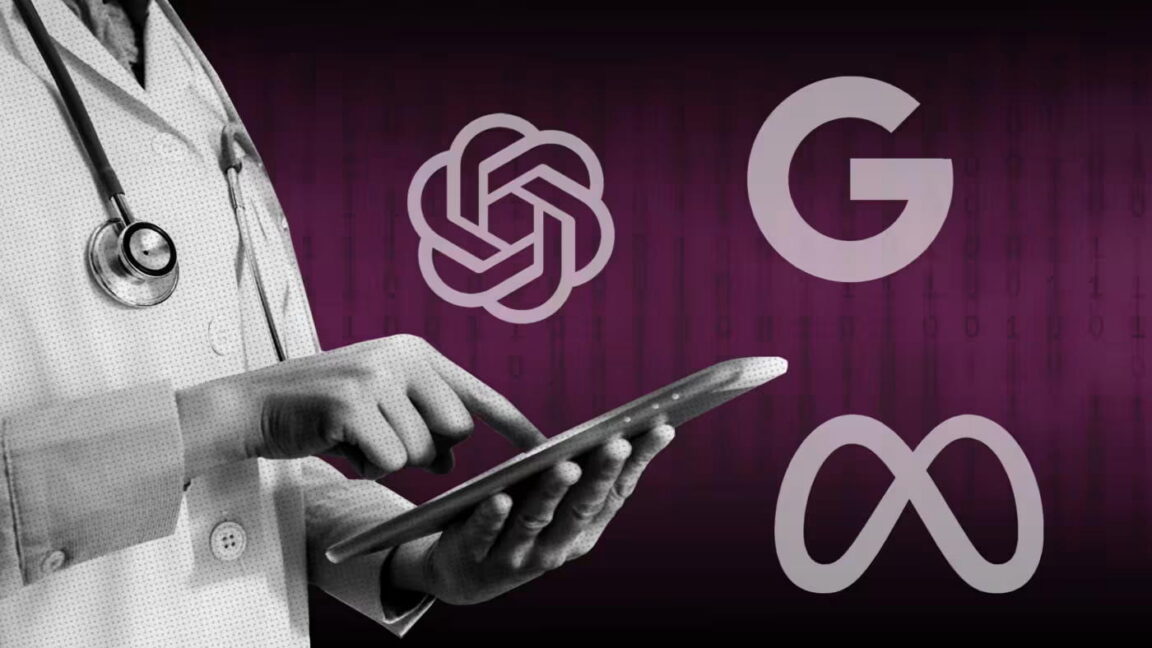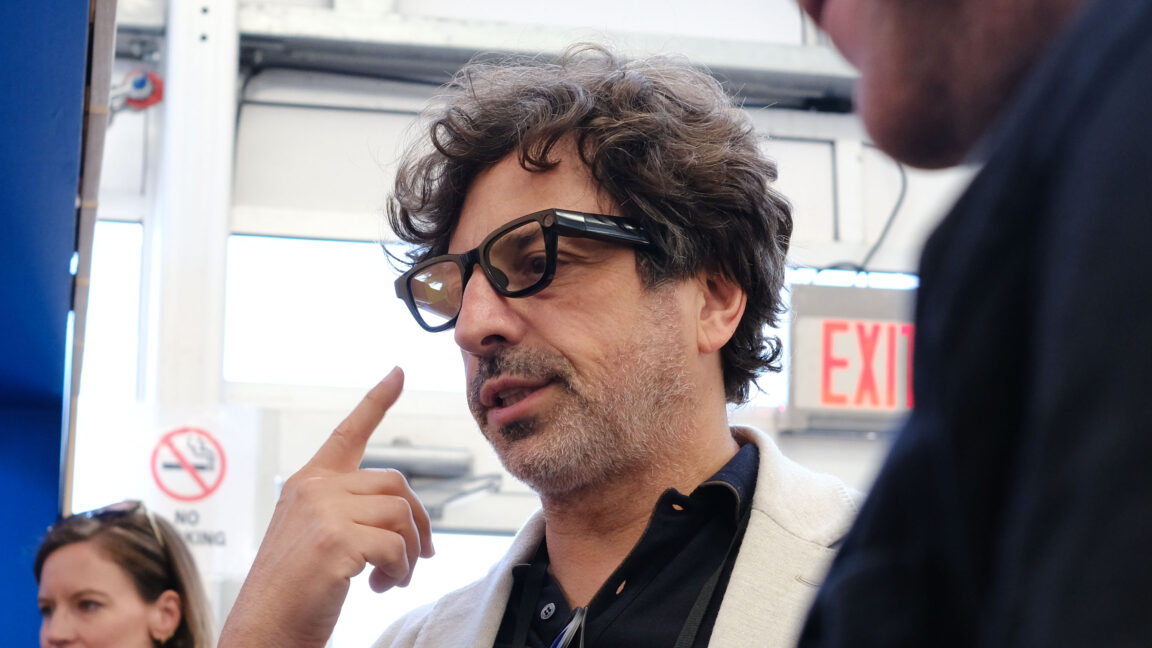Introduction to AI in Healthcare
Google has stated that it takes model bias very seriously and is working on developing privacy techniques to sanitize sensitive datasets and prevent bias and discrimination. This is particularly important in the field of healthcare, where AI is being used to improve patient outcomes and medical research.
Reducing Medical Bias in AI
Researchers have suggested that one way to reduce medical bias in AI is to identify which data sets should not be used for training and instead use diverse and representative health data sets. This approach can help ensure that AI models are fair and accurate.
Training AI Models on Medical Data
Open Evidence, a platform used by 400,000 doctors in the US, trains its models on medical journals, FDA labels, health guidelines, and expert reviews. Every AI output is also backed up with a citation to a source, providing transparency and accountability.
Real-World Applications of AI in Healthcare
Earlier this year, researchers at University College London and King’s College London partnered with the UK’s NHS to build a generative AI model called Foresight. The model was trained on anonymized patient data from 57 million people and designed to predict probable health outcomes, such as hospitalization or heart attacks.
The Benefits of AI in Healthcare
"Working with national-scale data allows us to represent the full kind of kaleidoscopic state of England in terms of demographics and diseases," said Chris Tomlinson, honorary senior research fellow at UCL. Although not perfect, Tomlinson said it offered a better start than more general datasets. European scientists have also trained an AI model called Delphi-2M that predicts susceptibility to diseases decades into the future, based on anonymized medical records from 400,000 participants in UK Biobank.
Challenges and Concerns
However, with real patient data of this scale, privacy often becomes an issue. The NHS Foresight project was paused in June to allow the UK’s Information Commissioner’s Office to consider a data protection complaint, filed by the British Medical Association and Royal College of General Practitioners, over its use of sensitive health data in the model’s training. Additionally, experts have warned that AI systems often "hallucinate" – or make up answers – which could be particularly harmful in a medical context.
The Future of AI in Healthcare
But MIT’s Ghassemi said AI is bringing huge benefits to healthcare. "My hope is that we will start to refocus models in health on addressing crucial health gaps, not adding an extra percent to task performance that the doctors are honestly pretty good at anyway."
Conclusion
In conclusion, AI has the potential to revolutionize the field of healthcare, but it’s crucial to address the challenges and concerns surrounding its use. By developing privacy techniques, reducing medical bias, and ensuring transparency and accountability, we can harness the power of AI to improve patient outcomes and medical research.
FAQs
- Q: What is the main challenge in using AI in healthcare?
A: One of the main challenges is ensuring that AI models are fair and accurate, and do not perpetuate existing biases and discrimination. - Q: How can we reduce medical bias in AI?
A: Researchers suggest identifying which data sets should not be used for training and instead using diverse and representative health data sets. - Q: What is the potential benefit of using AI in healthcare?
A: AI has the potential to improve patient outcomes, predict probable health outcomes, and address crucial health gaps. - Q: What is the risk of using AI in healthcare?
A: One of the risks is that AI systems can "hallucinate" – or make up answers – which could be particularly harmful in a medical context.











